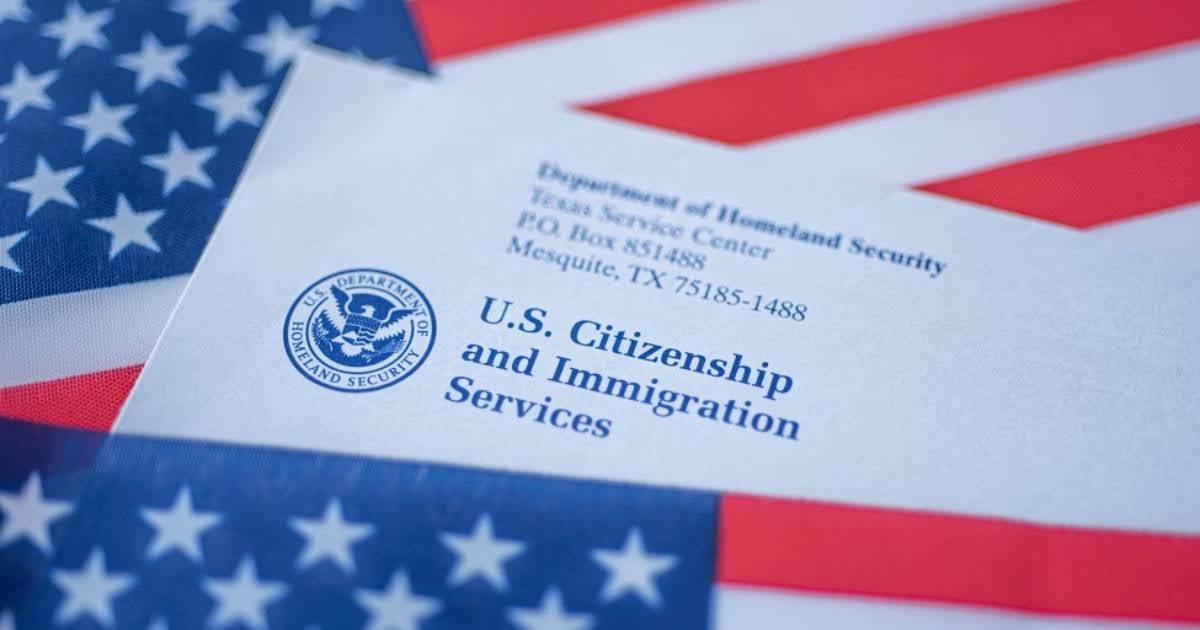A U.S. federal appeals court has temporarily blocked an attempt by former President Donald Trump to terminate benefits from the humanitarian parole program (CHNV) for over half a million migrants from Cuba, Haiti, Nicaragua, and Venezuela. This decision maintains their temporary protections against deportation. The ruling was handed down by the First Circuit Court of Appeals, based in Boston. The court stated that the administration did not meet the stringent criteria required for an emergency intervention to overturn a previous lower court ruling.
This refers to the decision by federal judge Indira Talwani in Massachusetts, who temporarily blocked the cancellation of the CHNV ordered by the Department of Homeland Security (DHS). Due to the Boston court's ruling on Monday, the processing of applications and immigration benefits linked to the CHNV will proceed as usual. The ongoing legal dispute, initiated by immigrant advocacy groups, claims that the abrupt cancellation of the program endangers the lives of hundreds of thousands who entered the country legally through this mechanism.
Initial Legal Setback for Trump's Plan
The legal battle began in April when Judge Talwani determined that the measure did not comply with the legal requirement for a case-by-case review. She ordered the reinstatement of both the parole process and its associated immigration benefits. "All notifications sent to individuals from Cuba, Haiti, Nicaragua, and Venezuela are suspended pending further judicial orders," the judge declared at the time.
Judge Talwani also challenged the DHS for not providing a substantial legal justification to revoke a program that allows thousands to work legally and support themselves and their families in the United States.
Appeals Panel Questions Homeland Security's Authority
The decision on Monday was issued by a panel of two judges appointed by President Joe Biden and one by former President Barack Obama. The court raised doubts about the authority of the current Secretary of Homeland Security, Kristi Noem, to categorically end the program, although it clarified that it has not yet ruled on the substance of the matter. For now, the First Circuit noted that the administration failed to convincingly demonstrate that it would likely succeed in its appeal, as required by law for such extraordinary interventions.
Potential Supreme Court Involvement
The Trump administration could still attempt to take the case to the Supreme Court, seeking to overturn the adverse decisions issued so far. If the case reaches the Supreme Court, it could have profound implications for the future of more than 500,000 migrants residing legally in the U.S. thanks to the CHNV.
The humanitarian parole program was an initiative by President Joe Biden, implemented in 2022 to provide a legal and orderly pathway for Venezuelan citizens. It was later expanded to include Cubans, Haitians, and Nicaraguans. Beneficiaries arrived in the U.S. by plane with legal sponsors and received temporary two-year permits to live and work in the country. During that time, they were required to pursue another legal avenue to regularize their immigration status.
The DHS under Trump argued that the program had been misused, but critics claim that its cancellation violates the Immigration and Nationality Act, causing devastating consequences for those who relied on an established public policy.
Understanding the Legal Battle Over Humanitarian Parole
What is the humanitarian parole program (CHNV)?
The humanitarian parole program (CHNV) allows certain migrants from Cuba, Haiti, Nicaragua, and Venezuela to reside temporarily in the United States with work permits. It was created to provide a legal and ordered pathway for these individuals.
Why did the appeals court block Trump's attempt to end the program?
The appeals court blocked Trump's attempt because the administration did not meet the high standard required for an emergency intervention to overturn the previous court's ruling.
What are the potential implications if the case reaches the Supreme Court?
If the case reaches the Supreme Court, it could have significant implications for the future of over 500,000 migrants who currently reside legally in the U.S. under the CHNV program.
